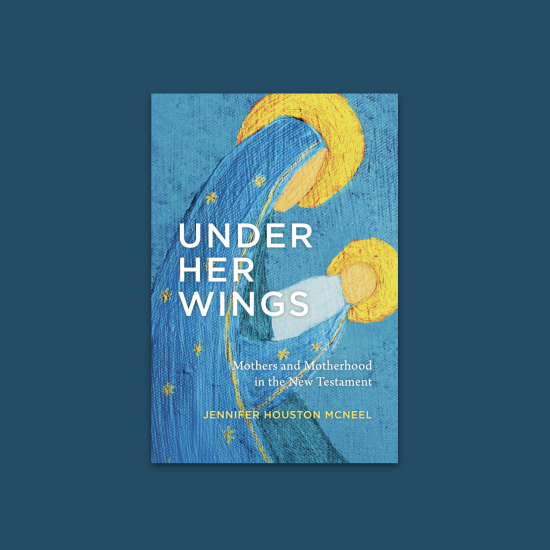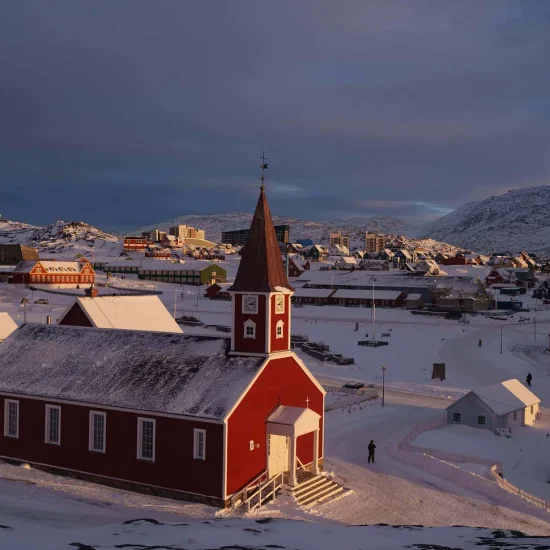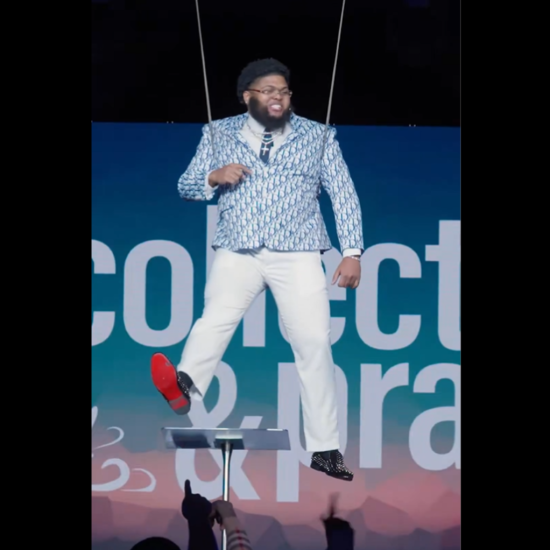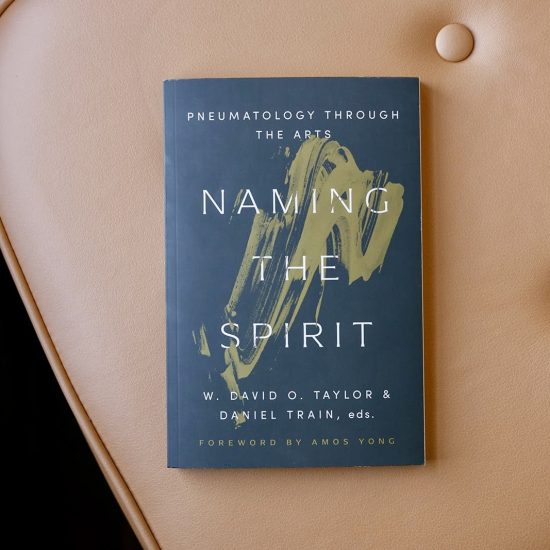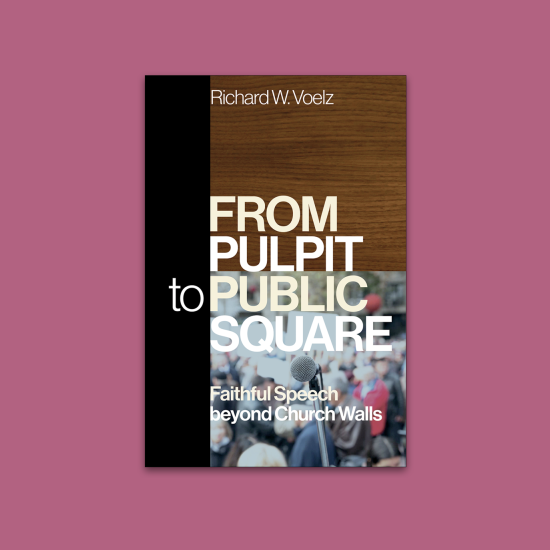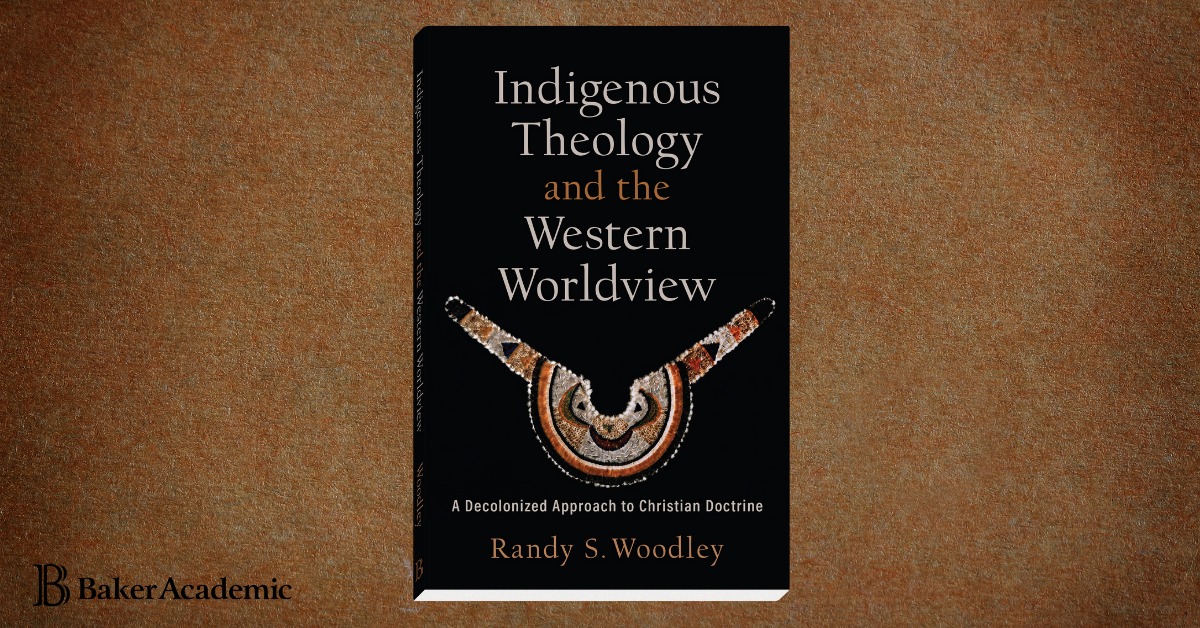
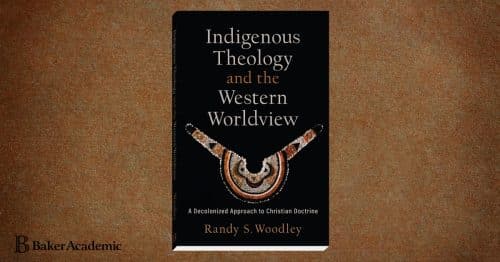
INDIGENOUS THEOLOGY AND THE WESTERN WORLDVIEW: A Decolonized Approach to Christian Doctrine. By Randy S. Woodley. Grand Rapids, MI: Baker Academic, 2022. Xiii + 141 pages.
All theology is contextual whether we recognize it or not. As a Euro-American Protestant Christian, I bring a certain context or background to my theology. The theologians who have helped form me are largely European and especially German (Barth, Bonhoeffer, Moltmann). I’m grateful for that inheritance, but over time I’ve come to realize that the world is a lot larger than Europe (read white). Unfortunately, as Christianity spread across the world too often missionaries equated the gospel with European or North American culture. That has led to horrific results as cultures have been destroyed and people exterminated in the name of Jesus. Pope Francis, during a visit to Canada, acknowledged what has to be considered genocide, and apologized for the Catholic Church’s complicity. There are also efforts underway in the United States by church bodies to come to grips with this heritage of oppression, which led to the deaths of thousands of indigenous children. As this truth emerges, we can no longer hide from the realities that transpired as part of a colonialist version of Christianity. It’s time to listen to the voices of those who have been ignored for too long.

Robert D. Cornwall
The book Indigenous Theology and the Western Worldview is Randy Woodley’s attempt to bring to light one of those voices, the voices of indigenous peoples in North America (Native Americans). Woodley is a Native American missiologist/theologian who teaches in the area of faith and culture at Portland Seminary. He is also the director of Intercultural and Indigenous Studies at the seminary. In this particular book, Woodley asks the reader, especially non-indigenous readers like me, to consider the differences between an indigenous worldview and a western worldview and how that influences the way we do theology or envision God and each other. The book at hand is based on the Hayward Lectures hosted by Acadia Divinity School in Nova Scotia. The lectures are accompanied by an interview/conversation that allows Woodley further develop the ideas he presents in the lectures.
For those who are not familiar with an indigenous/Native American vision of Christianity, Woodley offers us a helpful introduction. He contrasts the propositional, linear, vision that undergirds much of western theology, with an indigenous theology that is rooted in stories. He’s concerned here with a western worldview rooted in Plato’s dualistic distinction between spirit and material worlds. For the indigenous, there is no separation, and thus truth is conveyed not in doctrines but stories. The concern for the indigenous people is not on whether the story is factual (a very Enlightenment view) but the truth inherent in the story itself. He reminds us that narrative theology has essentially always been a primary form of communication among indigenous people, therefore traditions are passed on orally and develop over time. How stories function in this setting is very different from western propositional teaching, in which stories illustrate, but aren’t the primary conveyors of truth.
I read Woodley’s book after having read or used two other books that speak to how Native American Christianity is understood and practiced. The first book is Kaitlin Curtice’s book Native: Identity, Belonging, and Rediscovering God, (Brazos, 2020), which offers a very personal narrative of coming to understand one’s faith and cultural context. The other book is a new translation of the New Testament that reflects a Native American worldview—First Nations Version: An Indigenous Translation of the New Testament, (IVP, 2021). Regarding the First Nations Version, it is interesting that Woodley isn’t sure that a written translation of the Bible is useful for Indigenous folk, who find that a more oral presentation is better and more trustworthy. While I do not know how Woodley feels about this new translation, each of these recent books, from Curtice to Woodley, reminds us that narrative and biography are important components of understanding what it means to be a person of faith. Woodley focuses here on narrative serves as a helpful corrective to the western worldview that seeks to offer a more ordered and linear presentation of the faith. In some ways, this fits with the postmodernist vision, but that vision remains largely rooted in European and North American (read white) concerns.
The book is rooted in a set of lectures, which, as Woodley acknowledges, reflect a western modality, but he has found a way of bending the format to bring to light important concerns. The book begins (after a preface) with an interview in which he introduces himself. In this interview identifies himself as being the son of assimilated mixed-blood Cherokees. As such he has lived in both worlds, struggling to make sense of his identity (we see this also present in Kaitlin Curtice’s book). As an academic figure, he identifies as a missiologist with an interest in church history. As for his theological perspective, he notes that “I think the way that my theology may be different from other people’s is that, for me, everything begins with the earth and then we go from there” (p. 7). In other words, this is a theology from below.
The book is structured around the three Hayward Lectures given at Arcadia Divinity School. Each lecture is accompanied by a Question and Response. The first chapter/lecture is titled “The Myths of History and Progressive Civilizations.” The focus here is white privilege, though he begins by acknowledging his privileges as being male, straight, educated, light-skinned, and what he describes as “copious body size, so I take up a little space in the room” (pp. 13-14). He notes he’s able-bodied, middle-class, and a legal descendant of the United Keetoowah Band of the Cherokees of Oklahoma. He was also able to earn a Ph.D. So, he reminds us that privilege comes in many forms, something that those who resist acknowledging white privilege need to recognize. This opening chapter deals with the nature of history and how we understand our place in it. It is also a recognition of the effects of the “Doctrine of Discovery” that led to the destruction of much of the indigenous population after European discovery that involved the introduction of disease and then the cultural destruction and genocide that accompanied colonization and Christian mission. Those of us who have lived in California know the complicated story of the California missions. The question then becomes whether Christianity is a white religion. In answer to that question, having introduced us to the challenges presented by colonization and mission, he contrasts Christianity as a religion with following Jesus. The latter is compatible with Indigenous values, while the former is problematic.
The Second Lecture, titled “Comparing Western and Indigenous Worldviews,” begins with a story of creation, which sets the tone for the contrast. He notes in the story the integral relationship between humanity and the rest of creation, which is quite different from western thinking that sets humanity above the rest of creation. This comparison invites us to consider the question of God’s identity. He notes that indigenous folk tend to understand themselves to be part of the land. They see themselves communally, and that includes the land. As for western folks (like me), we tend to see ourselves as distinct from the land and as individuals. Rather than focusing on narrative and story, westerners tend to understand truth in terms of propositions and facts. There is a desire to see things objectively. So, is it any surprise that indigenous folks see all of life as spiritual? The focus is not on beliefs but practices, whereas for westerners religion is understood in terms of doctrine and thus orthodoxy. Thus, western theology tends to be dualistic, while there is a more unitive vision among the indigenous. We could ask who gets to decide what is correct here, but the point to me is to learn how different cultural contexts envision faith and the implications of that faith not just for the individual but for all of creation. While indigenous folk will wrestle with how to respond to Jesus, those outside that community might hear a word of warning regarding the way we look at a creation that is under duress. Witness the drought and heat waves that have dominated the western United States and floods in places like Kentucky. Has our western vision of dominating creation led to destructive tendencies?
The third and final lecture focuses on “Decolonizing Western Christian Theology.” Having laid out the differences between the two worldviews, Woodley tackles the western version of Christian theology, seeking to free it from its colonizing tendencies. Part of that effort is to encourage others to discern their own indigeneity. This is a challenge posed by others as well since the moniker white is not rooted in ethnicity but in social constructs. Thus, it has changed over time, such that the Irish and Italians were at one time not considered white, that is because white was understood hierarchically, especially concerning immigration policies. The goal is shalom, harmony. This, of course, requires systemic change, something many resist (as we’re seeing in the political sphere today, which has leached into the religious sphere as well).
In part, the lectures deal with the contrast between worldviews, but Woodley is not only interested in an academic analysis of the differences such that we agree to look at things differently. He is deeply concerned with how western perspectives have affected the lives of Indigenous folk, not only in North America but elsewhere. One of the words he has for those of us who are white is that we need to both recognize that we have an indigenous foundation and that we can benefit from acknowledging it and building on it to better understand the challenges faced by those who have been colonized. If we can do this, then we will not only better understand the challenges facing indigenous people but find harmony.
Woodley’s book Indigenous Theology and the Western Worldview should prove to be a challenge for white Christians, especially if we respond with defensiveness. Western/White/European/American/male theology has tended to dominate the conversation, sucking up all the air in the building, such that other voices don’t get heard or considered. That is to our detriment. I needn’t throw away Barth and Moltmann to benefit from other voices. With the emphasis on each community has its own indigeneity, we might embrace his suggestion that, following the word of the Jerusalem Council, the trust shown by the Council leadership to gentile believers might guide us, so that missionally, “as we go to our local communities and our local tribes and different people. Let’s tell them the stories and let them do the theologizing” (p. 127).
I’m grateful that there are voices like Woodley’s out there that push on the system so we can move toward a better world. In doing so we can experience the Christian faith anew in ways that are egalitarian and supportive of the common good. Thus, in a deeply polarized world, that is important. So, we can be thankful for Woodley’s contribution to our theological conversation, that we might find harmony in our world as followers of Jesus.
This review originally appeared on BobCornwall.com.
Robert D. Cornwall is an ordained minister in the Christian Church (Disciples of Christ). Now retired from his ministry at Central Woodward Christian Church (Disciples of Christ) of Troy, Michigan, he serves as Minister-at-Large in Troy. He holds a Ph.D. in Historical Theology from Fuller Theological Seminary and is the author of numerous books including his latest books: Called to Bless: Finding Hope by Reclaiming Our Spiritual Roots (Cascade Books, 2021) and Unfettered Spirit: Spiritual Gifts for the New Great Awakening, 2nd Edition, (Energion Publications, 2021). His blog Ponderings on a Faith Journey can be found at www.bobcornwall.com.

